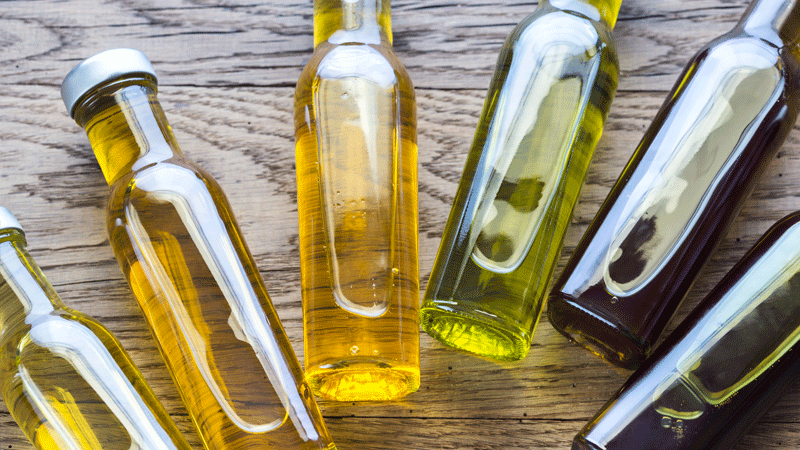
Oils are a form of fat and the body needs some amount of it to keep going, use it for generating energy, easing digestion, and vitamin absorption. “We need 10 to 15 percent fats in our daily diet to balance out our carbohydrates and proteins but we must moderate them within that limit. Also, we must make sure that these oils are heart-healthy and do not end up damaging arterial walls or clog them up,” says Dr. Udgeath Dhir, Director and Head of Cardiovascular Surgery, at Fortis Gurgaon.
At the same time, for a country where the onset of heart disease is about a decade earlier than others, we should change our cooking methods and move away from deep-frying to lightly sautéing or stir-frying our foods to bring out their true flavors and increase our portion of vegetables in a plate. “Now the age of patients who get heart bypass surgeries, necessitated by serious blockages of the heart walls, keeps on getting lower. It had come down to 35 years and now I get patients as young as 27. Hypercholesterolemia, when the body can’t process fats effectively, is a common complaint in the consultation room. Though diet, on its own, may not be the trigger, it definitely, with other factors, compounds the possibility of heart disease,” says he.
The healthiest oils are those which mostly contain poly and mono-unsaturated fats and which help keep low-density lipoprotein (LDL) in check. “I would say all vegetable oils are safer than animal fat-derived ones. Anything drawn from nuts and seeds is good. The worst oils are those which are hydrogenated or have saturated fats. In other words, those that are solid at room temperature like butter, margarine, shortening, lard, animal fat, full-fat dairy, and even tropical oils like coconut and palm. Some studies point to coconut oil having a high saturated fat content but some argue that this isn’t the same as the saturated fat found in red meat. However, coconut oil has a high amount of medium-chain fatty acids, which are harder for the body to convert into stored fat. A study has also found that your LDL cholesterol could rise if you are having a lot of coconut oil. So, unless you are using small quantities of virgin coconut oil for specific dietary habits or check with your dietician about the exact amount you can have at certain times, within recommended limits, do not go near it. Mustard oil is good and even just a half teaspoon of desi ghee works,” says Dr. Dhir.
According to Dr. Dhir, a visual indicator of the right quantity of oil in food is when the food doesn’t glisten or an oily film doesn’t float above the food. “Avoid deep frying as no matter how good the oil is, it loses all its good properties at high heat. It is for the same reason that you must not reuse oil that has been used for deep frying. At high temperatures, some of the fats in our oil easily change into trans fats, which are damaging to heart health. High temperatures during deep frying also alter the chemical composition of the cooking medium, releasing free fatty acids and radicals, which cause oxidative stress, inflammation and build plaque. Reused oil is carcinogenic too,” explains Dr. Dhir.










